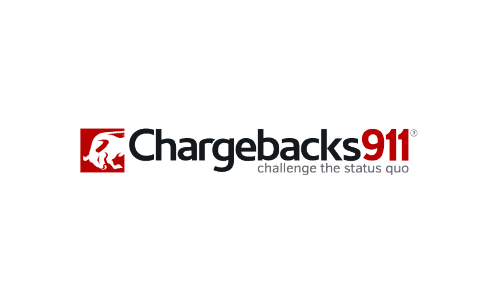Monica Eaton-Cardone, COO and Co-Founder of merchant dispute specialist, Chargebacks911, and its revolutionary new financial institution brand, Fi911, warns of the chargeback and fraud risks associated with the increase in contactless payments following the COVID-19 outbreak.
In a bid to reduce human interaction, the use of cash, and the touching of contact points such as PIN pads and cash machines, the UK’s contactless spending limit increased from £30 to £45 in April this year.
Customers across the globe have also got onboard with the payment method following contagion concerns about using cash and cards. As a result, Mastercard reported a 40% increase in contactless payment activity in Q1 of 2020.
This dramatic increase in contactless payments may be contributing to the sharp rise in chargebacks that have been recorded since the pandemic began. According to Cardone, industries are now experiencing 10 times the amount of payment disputes that were taking place prior to COVID-19.
Monica explained: “Contactless payments present a number of fraud threats. For one, if a valid cardholder’s information is stolen, it can be added to a mobile device and used to make unauthorised purchases – leaving merchants covering customers’ losses. In addition to this third-party fraud, contactless payments present a greater opportunity for genuine customers to commit first-party (friendly) fraud and lie about whether or not a transaction was actually made by them.
“These scenarios pose even more of a threat while the retail landscape is going through this turbulent period and genuine claims are on the rise, so merchants are in less of a position to dispute false claims.”
Although merchants are the ones left refunding customers and losing valuable goods due to chargebacks and friendly fraud, the issue doesn’t start and end with them. Behind a payment dispute is an intricate network of merchants, acquirers, issuers, and card schemes that deal with disputes and adopt their associated costs.
And, when merchants lose money to disputes, the cost will inevitably end up back with customers, since merchants raise prices to cope with these losses. This is likely to become a necessity in our current period of economic uncertainty.
For this reason, Monica warns everyone involved in the payment process to remain vigilant when it comes to chargebacks that stem from contactless payments.
Monica continued: “If merchants want to reap the benefits of contactless payments, they need to be aware of the threats involved and have strategies in place to respond effectively.
“At the same time, financial institutions should watch for activity that is unusual and out of line with typical consumer behaviour – for instance, a consumer suddenly making a high-value purchase at a store that’s thousands of miles away from home. They should also be on the lookout for repeated use of the chargeback process, which might indicate friendly fraud, as 40% of consumers who commit this fraud successfully will repeat the practice within 60 days.
“I also urge consumers to be aware of their account activity and to keep a close eye out for anything that may indicate that a contactless payment account has been compromised.”
Going forward, Monica is anticipating that contactless payment adoption will continue to grow, especially against the backdrop of COVID-19. To help combat the growing chargeback problem and fraud associated with contactless payments, Chargebacks911 is working closely with merchants – particularly those in the most susceptible industries – and financial institutions to tackle the issue head-on.
If you’re concerned about COVID-19 chargebacks effecting your business, speak to a member of the Chargebacks911 team at: info@chargebacks911.com.
